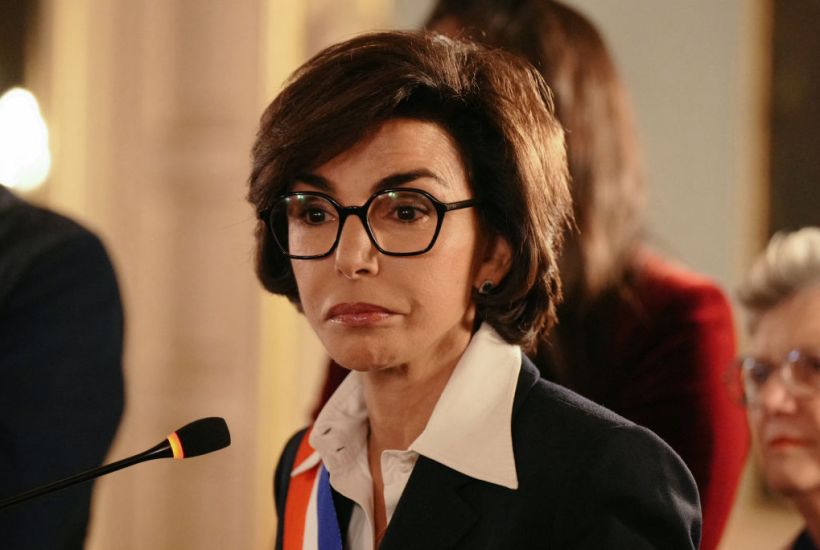France’s new minister of culture has promised to put an end to the creeping cancel culture that is threatening the country. ‘Today wokeism has become a policy of censorship,’ said Rachida Dati, who was appointed to her post last month. ‘I am in favour of the freedom of art, the freedom of creation, and I am not in favour of censorship’.
Already a subscriber? Log in
Subscribe for just $2 a week
Try a month of The Spectator Australia absolutely free and without commitment. Not only that but – if you choose to continue – you’ll pay just $2 a week for your first year.
- Unlimited access to spectator.com.au and app
- The weekly edition on the Spectator Australia app
- Spectator podcasts and newsletters
- Full access to spectator.co.uk
Or





















Comments
Don't miss out
Join the conversation with other Spectator Australia readers. Subscribe to leave a comment.
SUBSCRIBEAlready a subscriber? Log in